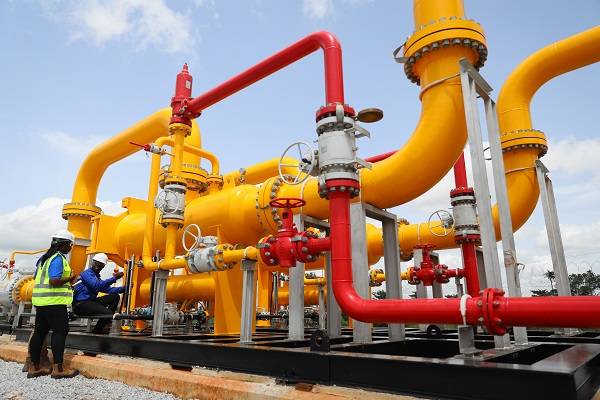A 110km natural gas pipeline in Ghana has reportedly been constructed in record time by Genser Energy. The project was completed in five months despite ongoing difficulties.
The difficulties included the global supply chain disruptions brought on by COVID-19’s aftermath. The conflict between Ukraine and Russia, as well as national economic obstacles and inflationary pressures also disrupted the supply.
According to a statement released by the company on Friday in Accra, Genser Energy has played a crucial role as an Independent Power Producer (IPP) for more than 15 years, driving the construction of a vast pipeline network covering 430km.
Acknowledgement of the project team
It said, “The magnitude of this endeavour has been made possible due to the commitment of the Genser Energy staff. A group of youthful engineers with an average age of 32 constructed the 110km natural gas pipeline in Ghana. 85% of the engineers were Ghanaians, demonstrating their dedication to local content laws.”
Also Read: Plans underway for construction of a new 10MW data centre in Accra, Ghana
Mr Henry Abeiku Oppong, the Project Manager of the Engineering, Procurement, and Construction (EPC) team, expressed his happiness with the project’s successful completion.
He said, “It is an honour to be a part of this transformative natural gas pipeline project that will have an impact on the infrastructure of the country and the lives of its citizens. Together, motivated by a shared dedication to excellence and collaboration, we have created a legacy of cooperation and resiliency.
This achievement increases our hope for Ghana’s promising future in the energy sector.”
Significance of the 110km natural gas pipeline in Ghana
The commissioning of this vast pipeline network has substantial socioeconomic ramifications. For one, it will likely substantially reduce the country’s present electricity transmission losses. Additionally, the interconnection of the 110km natural gas pipeline in Ghana will make it easier to provide less expensive gas for the production of electricity.
This development thus positions Kumasi as a major hub for upcoming development projects and job possibilities.

Leave a Reply